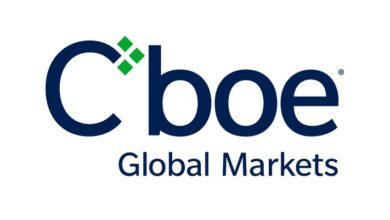UN Scrutiny of Tether Unveils Cryptocurrency Challenges Amidst Comparisons to Traditional Banking and Cash Economies

In a recent Financial Times article, concerns raised by the UN about Tether, the leading stablecoin, have drawn attention to the unique challenges faced by the crypto industry regarding money laundering and fraud in south-east Asia. The UN’s report, focusing on the use of Tether’s stablecoin in various scams, including the infamous “pig butchering” strategy, prompts a reflection on the broader expectations placed on cryptocurrencies compared to traditional banking systems and cash economies.
The UN’s report, while valid in its concerns, opens a window into the broader discourse on the expectations from the crypto sector. As the party expressing the viewpoint, the expectation is that the crypto industry faces demand that, at times, surpass those placed on traditional banking systems and cash-based economies. Tether, with a circulating supply of around $95 billion, has become a significant player in the digital currency market. The stablecoin, pegged to the US dollar, offers swift and irreversible transactions on the blockchain, making it an attractive option for both legitimate transactions and criminal activities.
From this perspective, the UN’s scrutiny prompts a reassessment of whether the expectations from the crypto sector are fair, given the evolving regulatory landscapes and criminal tactics that the industry grapples with. The comparison with traditional banking systems, which have faced their share of fines for money laundering, raises questions about whether crypto platforms are being held to higher standards.
In response, Tether expressed disappointment in the UN’s assessment, emphasizing its collaboration with global law enforcement agencies such as the DOJ, FBI, and USSS. The company highlights its commitment to monitoring and combating illicit activities, showcasing instances where it froze substantial sums linked to criminal enterprises.
The narrative takes a turn towards the broader challenges faced by the cryptocurrency industry as a whole. The UN’s analysis, according to Tether, lacks acknowledgment of the traceability of Tether tokens and the company’s proven record of cooperation with law enforcement. Tether invites the UN to engage in collaborative dialogue to better understand blockchain technology and its potential in enhancing anti-financial crime efforts.
Tether’s invitation for collaborative dialogue with the UN takes on a new significance against this backdrop. It signals a willingness to engage in a conversation about the complexities and opportunities presented by cryptocurrencies in addressing financial crime. The expectation is not to lecture but to foster understanding, acknowledging the unique challenges faced by the crypto industry and working collectively to find effective solutions. In conclusion, the Tether dilemma reflects a broader debate surrounding cryptocurrency regulation, emphasizing the need for a balanced perspective. The narrative delves into the complexities of financial crime in the digital age, highlighting that the expectations placed on crypto platforms, as expressed in the UN’s scrutiny, may sometimes surpass those applied to traditional banking systems and cash economies. The invitation for dialogue becomes a call for mutual understanding and collaboration, recognizing the shared goal of creating a secure and transparent financial environment.





